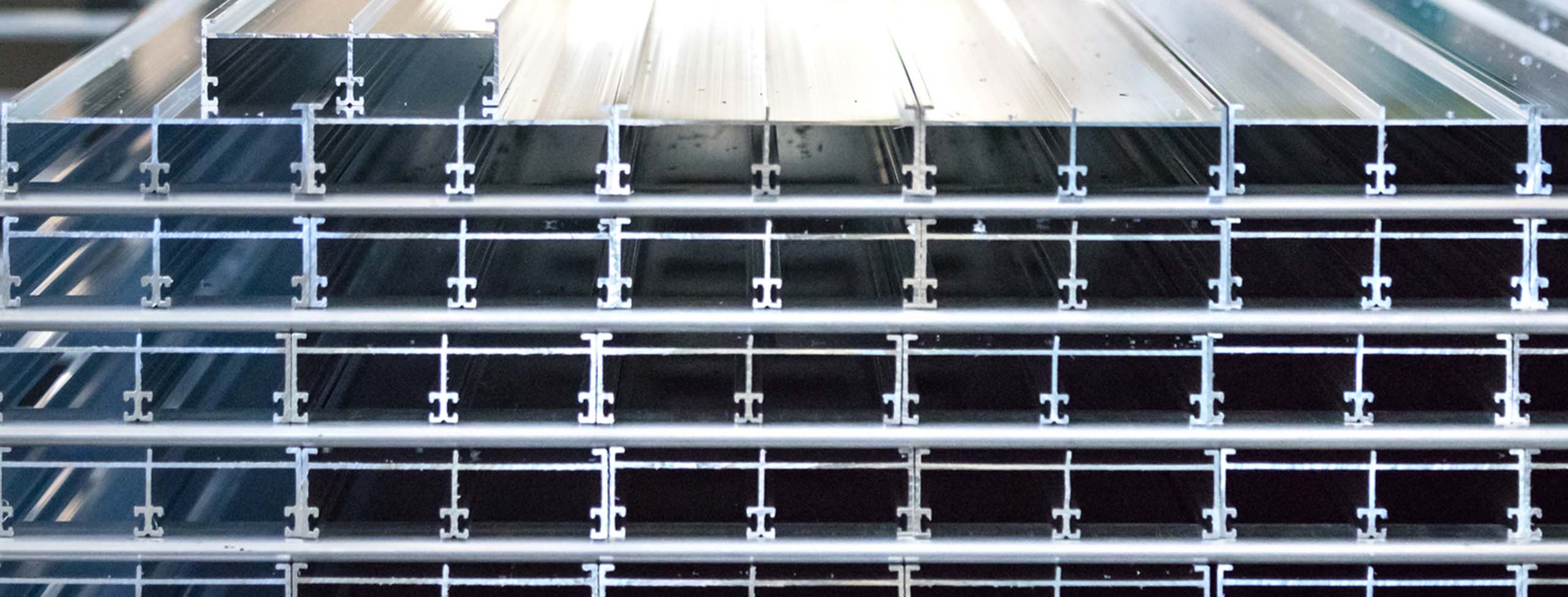.jpg?impolicy=m&im=Resize,width=3840)
10 May 2024 • 4 minute read
Industrials Regulatory News and Trends - May 10, 2024
Welcome to Industrials Regulatory News and Trends. In this regular bulletin, DLA Piper lawyers provide concise updates on key developments in the industrials sector to help you navigate the ever-changing business, legal, and regulatory landscape.
Rivian says it has received significant cash from Illinois state government to expand its plant. On May 2, Rivian Automotive, an American manufacturer of electric vehicles, said that it has received $827 million in an incentive package from the State of Illinois to expand operations at its Normal, Illinois facility. Currently, the Normal plant can produce 150,000 vehicles a year, the company said. With the addition of the R2 vehicle produced in Illinois, Rivian expects its Normal plant to reach a total annual capacity of 215,000 vehicles. The company said the funds from the state would be spent on expanding the plant and on improving infrastructure and job training programs for its workforce.
Manufacturers’ groups say new EPA rule will stifle US innovation. On April 29, the National Association of Manufacturers and many other industry groups told congressional leaders that the Environmental Protection Agency’s final rule on particulate matter will put continued US innovation and economic growth in jeopardy. In March, the EPA lowered the standard for particulate matter, or PM2.5, in its National Ambient Air Quality Standards rule by 25 percent, from 12 micrograms per cubic meter of air to 9. The NAM, along with 58 allied organizations, urged key House and Senate members to act soon to “stop this harmful rule before it takes effect.” The probable negative effects of allowing the change include “making it more difficult to create jobs, build cutting-edge factories and lead the world in the development of products that will shape modern life in the decades ahead,” the groups said.
UN conference on plastic pollution ends amid major debate. On April 29, negotiations on a future global treaty to tackle plastic pollution ended amid debates over whether the world should seek to limit the amount of plastic being made. The conference took place under the aegis of the United Nations and its Intergovernmental Negotiating Committee on Plastic Pollution. As the weeklong talks in Ottawa ended, the nations involved agreed to continue their work in meetings before the final summit, which will start on November 25 in Busan, South Korea. That work will include searching for ways to fund efforts by developing countries to implement the treaty. Countries also agreed to devise a process to identify plastic chemicals that are hazardous and plastic products that are wasteful, such as single-use plastic containers. However, they failed to establish a formal process to review how much virgin plastic is produced or to determine how much of it might be considered unsustainable. Observers say that the possible treaty later this year could become the most significant international treaty relating to climate-warming emissions and environmental protection since the 2015 Paris Agreement.
FAR Council issues final rule requiring acquisition of sustainable products and services to maximum extent possible. On April 22, the FAR Council issued a final rule requiring that federal agencies procure sustainable products and services “to the maximum extent practicable.” Under the final rule, if a federal agency is procuring a product or service that is subject to a sustainable acquisition purchasing program (eg, ENERGY STAR, WaterSense), the agency must procure, to the maximum extent practicable, a product or service that meets the requirements of the applicable purchasing program. Although there are existing requirements in the FAR relating to sustainable procurement, the final rule may serve to increase the volume of sustainable products and services procured by the government.
Proposed new law would require that cars have AM radio technology. On May 1, Ars Technica magazine reported that a federal bill requiring all new US cars to be fitted with AM radio technology appears to be close to passage. On April 30, Senator Edward Markey (D-MA) announced that the “AM Radio for Every Vehicle Act” now has the support of 60 US senators, as well as 246 members of the US House of Representatives. If the bill is enacted into law, the National Highway Traffic Safety Administration would be directed to issue a rule requiring all new cars sold in the US to include AM radios at no extra cost to vehicle purchasers. Supporters of the bill say that AM radio is necessary to ensure that consumers can stay informed in times of national emergency. Some automakers have begun to remove AM radio from their vehicles, in part because of concern that electric car motors may cause electromagnetic interference with AM radio signals.


